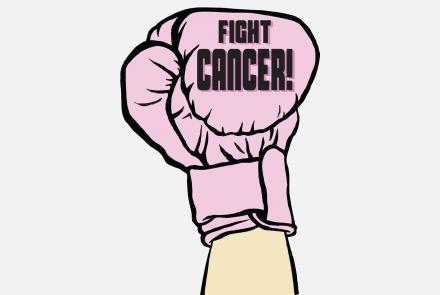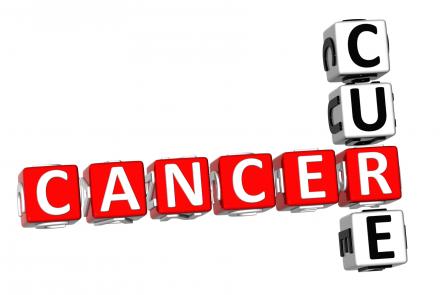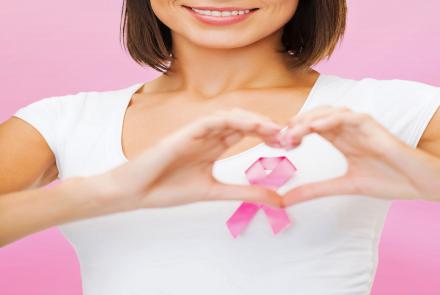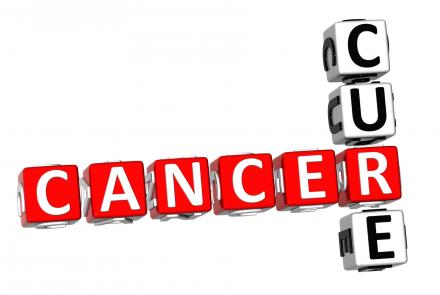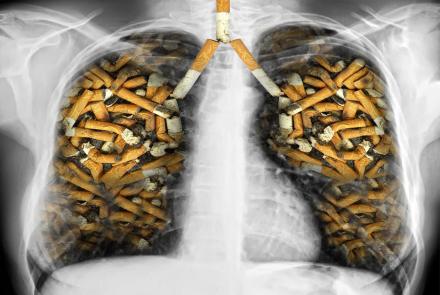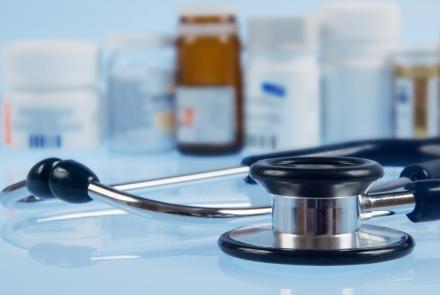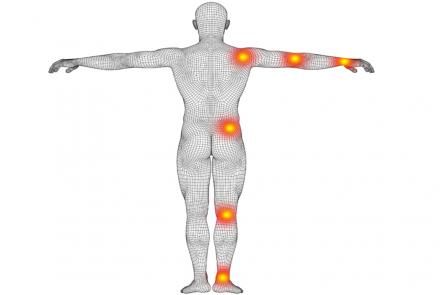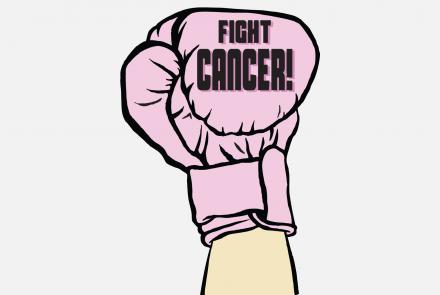Michael Coleman, professor at the London School of Hygiene and Tropical Medicine, and one of the lead authors of the study told TOI that one reason for the low survival rates in India could be that equitable access to early diagnosis and optimal treatment is not yet available for all people in India.
"Some of the most advanced medical facilities in the world can be found in Mumbai (for example), but they are out of reach of the vast majority of the Indian population," he said.
"The inequality…
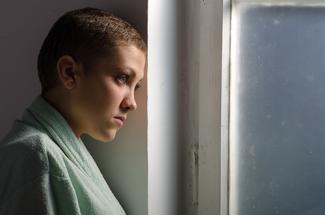
Chemotherapy is a standard line of treatment for many cancers. However, it does come with side effects. Dr Shital Patel explains the common side effects due to chemotherapy like mouth sores, nausea, dry skin, vomiting, diarrhea, hair loss and more and how to get relief from them.
Chemotherapy is a type of therapy where single or combination of drugs are given to control cancer and halt/slow progression & growth. They work by damaging the DNA of cancer cells, leading to cell death. Chemotherapy drugs may be administered orally (pills or capsules), intravenously (IV infusion), or via injection, depending on the specific drugs and treatment regimen prescribed.
The common side-effects are:
- Oral lesions such as mouth sores, dryness, difficulty swallowing etc.
- Gastrointestinal Toxicity: Nausea, vomiting, diarrhea, and mucositis (inflammation of the mucous membranes) are common gastrointestinal side effects of chemotherapy.
- Loss of appetite and inability to keep food down due to the various GI issues.
- Fatigue: Chemotherapy can cause fatigue and weakness, which may persist throughout the treatment course and affect daily activities.
- Hematologic Toxicity: Chemotherapy drugs can suppress the bone marrow, leading to decreased production of blood cells and increased risk of anemia, neutropenia (low white blood cell count), and thrombocytopenia (low platelet count).
- Low immunity due to loss of white blood cells and drug toxicity. Patients are hence more prone to infections and must take precautions to prevent them including adult vaccinations before chemotherapy starts.
- Neurotoxicity: Some chemotherapy drugs may cause peripheral neuropathy, characterized by tingling, numbness, or weakness in the hands and feet.
- Chemobrain-difficulty with memory and processing of information.
- Skin dryness, itching , scaling, redness, peeling, acne. Easy bruising and bleeding are also seen.
- Fertility changes in both men and women as hormones are affected and reproductive cell/organ damage can occur. Women go into early menopause, ovarian insufficiency, while men experience sexual dysfunction and low sperm count.
- Sexual health is affected and can lead to vaginal dryness, menopausal symptoms, low libido etc. in women. Men can experience lack of interest, erectile dysfunction and overall distress.
- Hair Loss: Chemotherapy-induced alopecia (hair loss) is a common side effect that may occur within a few weeks of starting treatment.
Here are some ways to better manage these side effects:
Mouth sores
- Medicated mouthwashes and glycerine ointment can help heal sores
- Use a soft bristled toothbrush
- Rinse or gargle every two to three hours, with a warm salt water (1/2 teaspoon salt in 8 ounces of water)
- Avoid spicy, hot, sour or citrusy foods
- Eat cold foods like ice-cream or yoghurt with honey to soothe the discomfort
Dry mouth
- Suck on ice chips, and drink lots of water to stay hydrated.
Nausea
- Have light and dry meals before and on the day of chemotherapy.
- Take your anti-nausea medications as prescribed before chemo is given.
- Eat anything with ginger (ginger snaps, ginger bread or ginger candy but NOT ginger ale as it is carbonated, leading to acidity). Ginger promotes the secretion of various digestive juices that help neutralise stomach acid.
- Avoid strong smelling, highly spiced and heavy meals
- Sucking on a slice of lemon can provide great relief, too
- Keep a chewable anti-nausea tablet, like Nauzene, in your mouth
- Peppermint tea may help. Like lemon, peppermint tea or oil is one of those refreshing smells that have the ability to tame an upset stomach.
- Place a cold compress on the forehead or back of the neck
Vomiting
- Vomiting can cause dehydration, hence it's very important to drink ORS (oral rehydration salts, available at pharmacies) or lots of fluids, such as lemonade or Gatorade, which are rich in electrolytes.
- Anti-emetic drugs, available at pharmacies, can help control the vomiting.
Dry skin
- Use petroleum jelly or Vaseline 2-3 times a day for moisturisation
- Avoid harsh soaps, use baby or mild soaps. Avoid long and hot showers or baths
- Apply sunscreen (minimum SPF of 30) when stepping out in the sun
Itching
- Antihistamine lotions or oral pills are useful
- Apply Calamine lotions, coconut/olive oil or aloe vera (fresh or gel) for relief
- If the itching does not subside, your doctor may prescribe steroids or anaesthetic ointments
Hair loss
- Hair loss is distressing, so some women get their hair cut short before starting chemotherapy to minimise the shock of losing hair
- Speak to your doctor about wearing a cold cap during chemotherapy to minimise hair loss. These are tightly fitted caps filled with a chilled gel. The cold lessens the blood supply to the scalp, so the hair follicles receive less chemotherapy medicine.
- Cover your scalp to protect it from the sun, heat and cold.
- Try to see this as an opportunity to alter your look. Get a well-styled wig, colourful bandanas or smart hats.
- Hair loss can occur in the eyebrows and eyelashes, so get some make-up tips
Read more here: Coping with Hair Loss During Chemotherapy
Constipation
- Eat a diet rich in fibre, prunes and lots of water to help ease bowel movement
- Increase activity
Diarrhoea
- It's best to let the stomach rest if there is diarrhoea. After a few hours, start with low-fibre foods, like rice, dry toast, apple sauce and banana. Eating yoghurt helps to increase the good bacteria content in the stomach.
- Imodium is used to treat and control diarrhoea. Your local pharmacy should carry it.
- Take ORS (oral rehydration solution) to prevent dehydration and provide strength and essential electrolytes.
Poor appetite
Try as much as possible to eat healthily. Keeping your body nourished will help you heal faster. Try the following:
- Lots of protein, vegetables, and fresh fruits. It’s best to avoid skinless fruits during chemo, but post-chemo, you can eat all kinds of fruits.
- Plenty of fluids, especially water
- Several small meals if you can’t eat three big meals
- Make your snacks count by keeping them healthy – nuts, yoghurt etc.
- Drink your nutrients – in a milkshake or smoothie, for instance, if you don’t feel like eating
- Keep your favourite foods handy (dry snacks in jars) near your bedside table for easy access.
- Eating cold foods may relieve nausea
- Add flavour to your foods with your favourite spices and herbs
- Avoid fatty, sugary and fried foods that make you tired, lethargic, and also serve as a risk factor for cardiovascular and other systemic illnesses.
- Have a multivitamin pill daily (after checking with your doctor)
- Include some type of exercise in your day
Related Reading: Chemotherapy Induced Neuropathy (tingling of fingers toes, numbness, etc)
Fatigue
- Try to get as much rest as you can. Plan your sleep and rest cycle.
- Follow a healthy diet (less fatty/fried foods) to help relieve fatigue and feel energised
- Get some light exercise like short strolls, gardening etc. Take breaks in between.
- Delegate odd jobs, hire help if needed. Save your energy for things you enjoy.
- Be checked for anaemia and be treated
- If you are depressed or anxious, it is very important to ask for help
Nail damage
- Apply black nail polish. Certain drugs cause the blood flow to the nails to decline, causing darkening or falling off of the nails. Some patients find that applying black nail polish before the chemo helps prevent this. Black nail polish decreases the effect of radiation on nails.
Chemobrain or Brain fog
- Make notes/lists
- Keep alarms for time alerts and task reminders.
Low Immunity
- Practice hand hygiene. Wash hands with soap often; before and after eating, using the bathroom etc.
- Avoid crowds. Use a mask in enclosed and crowded places.
- Stay away from people who have illnesses you can catch, such as a cold, flu, Covid, measles, chicken pox etc.
- If you have a port or catheter, watch for any signs of infection or rash/irritation around the site.
- Do not clip your nails or cuticles too sharply. Do not get a manicure or pedicure.
- Shave at home to prevent razor cuts and transmission of blood borne infections. Use an electric shaver to prevent breaks or cuts in your skin.
- Be careful not to cut or nick yourself with scissors, needles, or knives.
- Avoid contact with animal litter boxes and waste, birdcages, and fish tanks.
- Wear protective gloves when gardening, handling meat, cleaning, etc.
- Do not eat raw food esp seafood, meat, or eggs. Wash fruits and vegetable thoroughly with running water before consumption. Opt for home-cooked meals.
Please read narratives of cancer survivors here. Search for the cancer you are looking for.
Community
Condition

